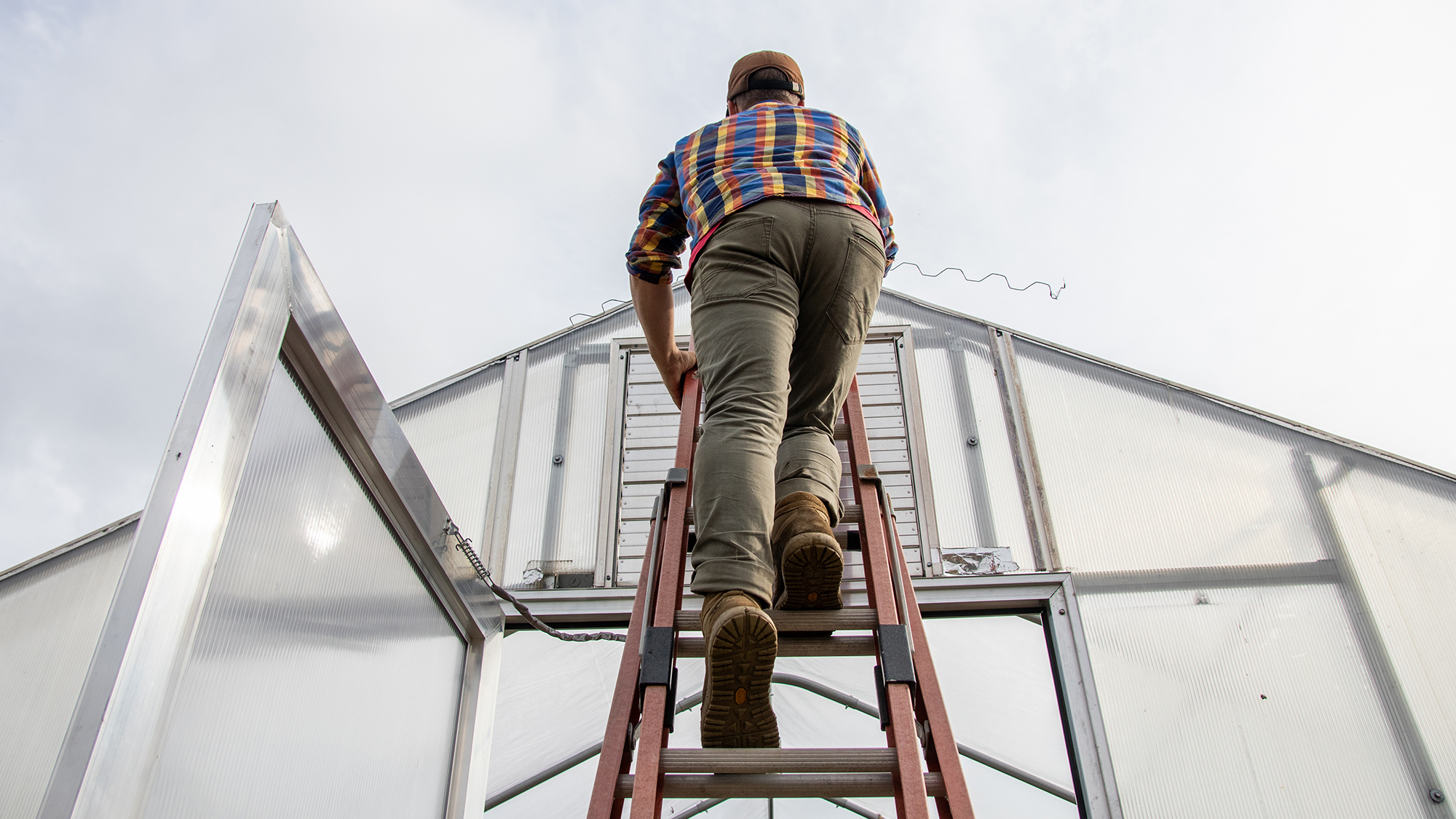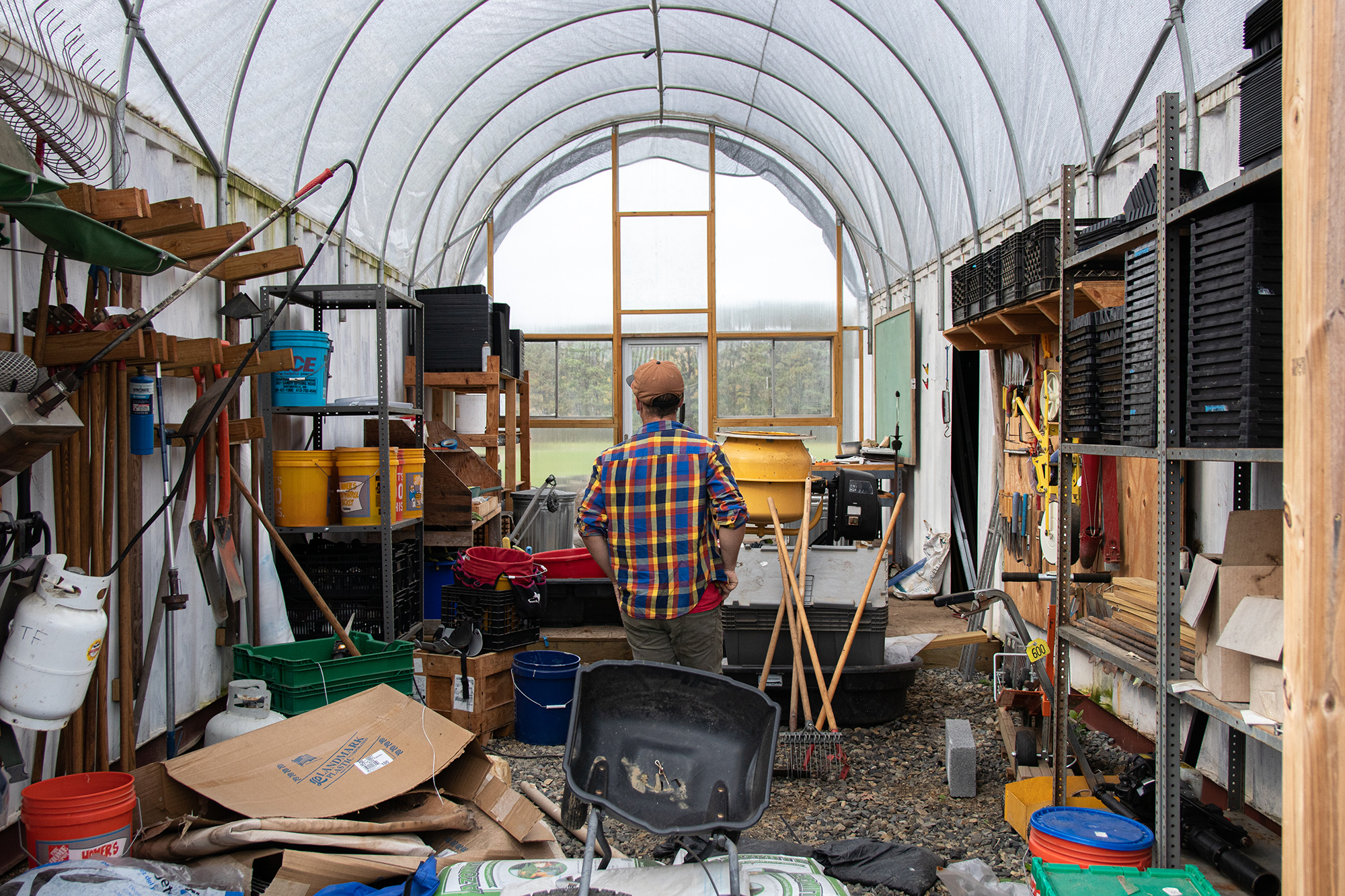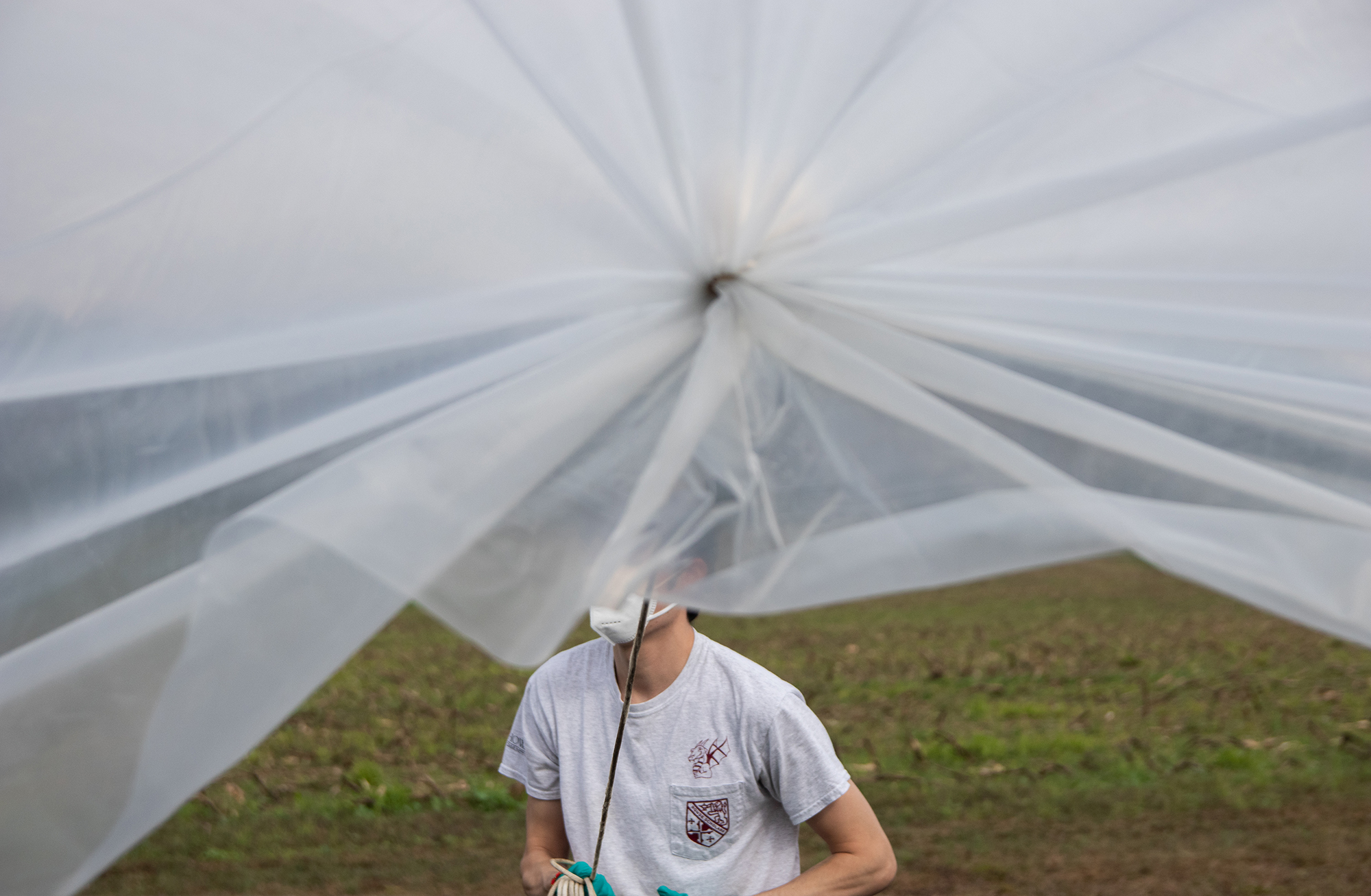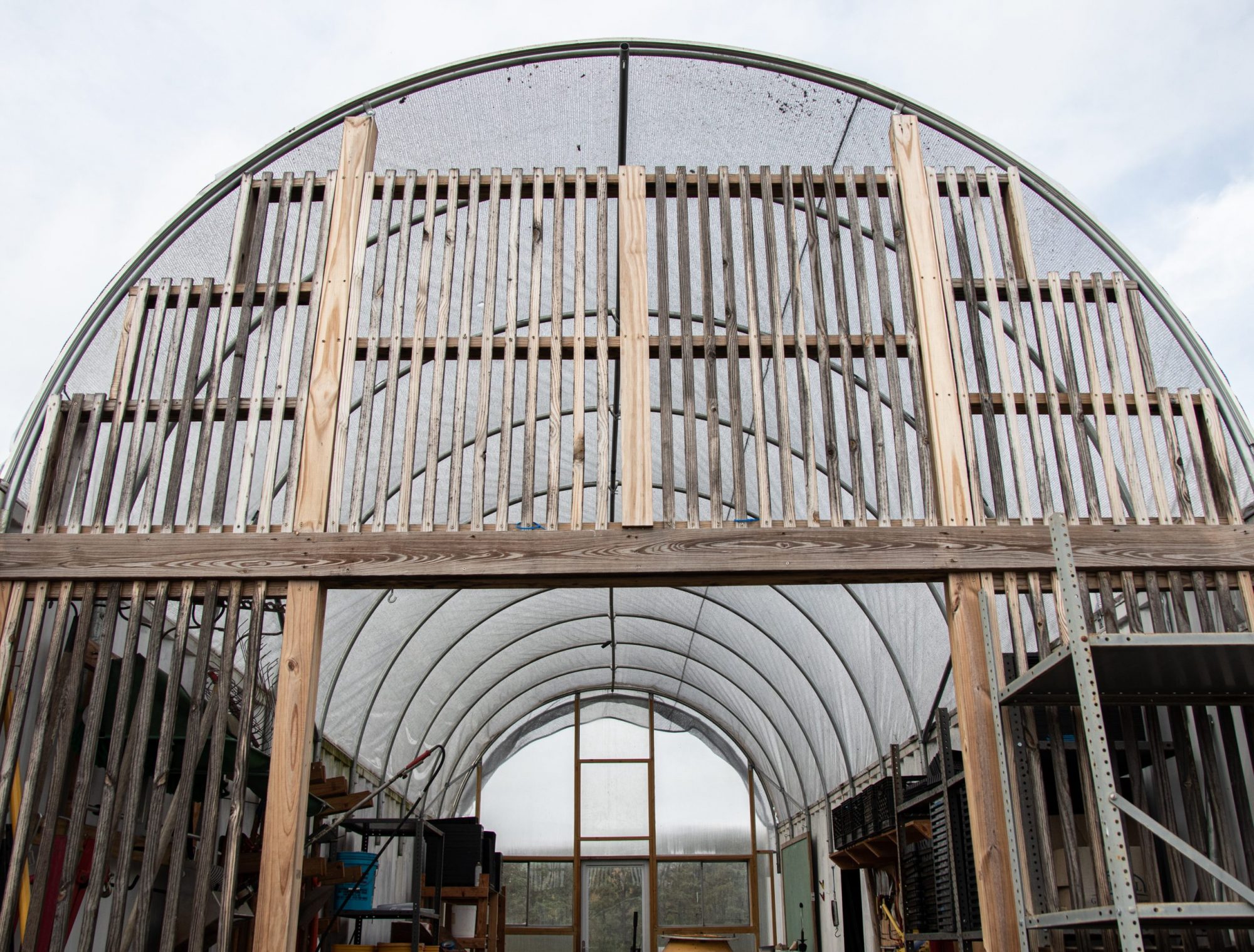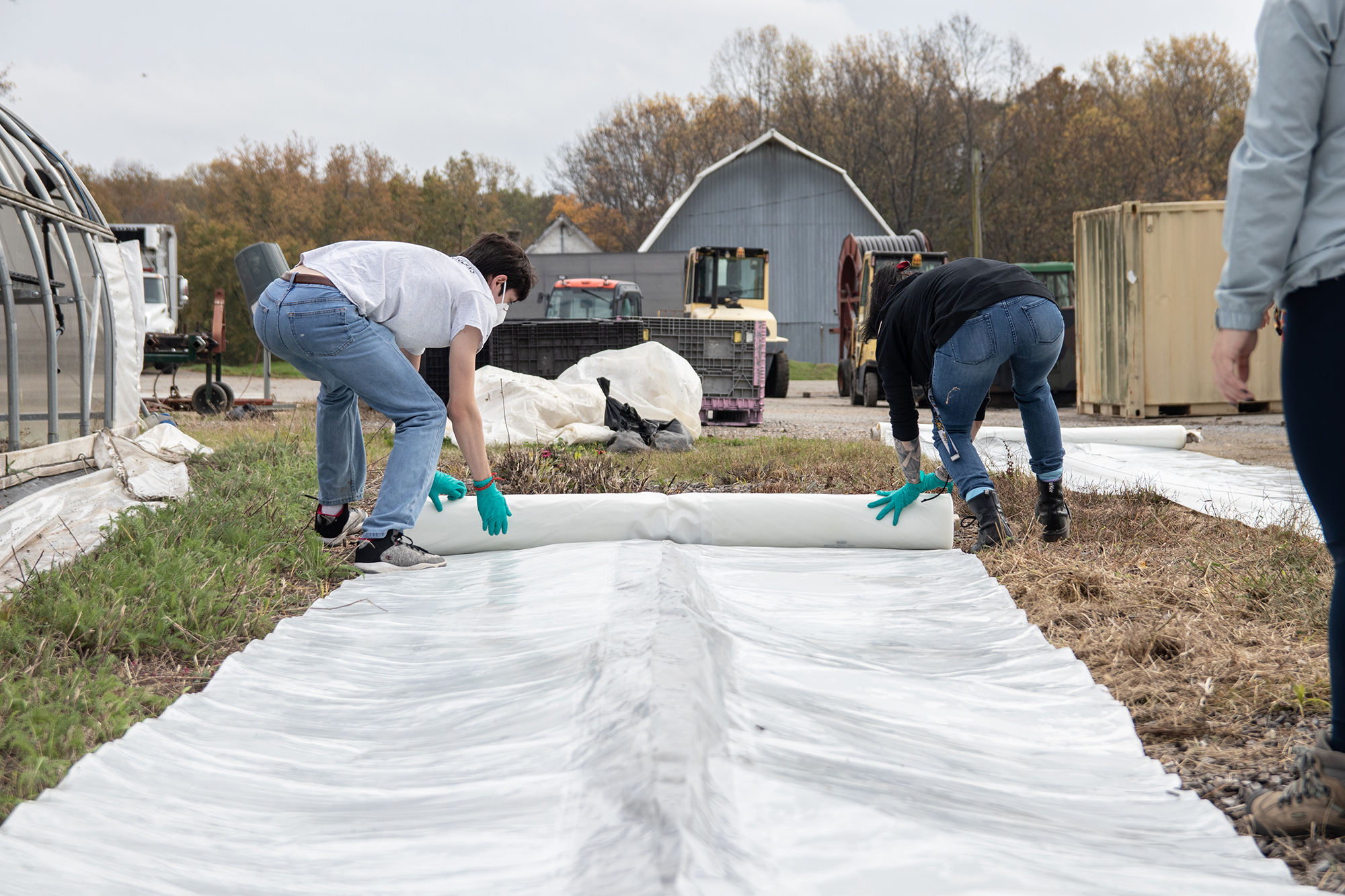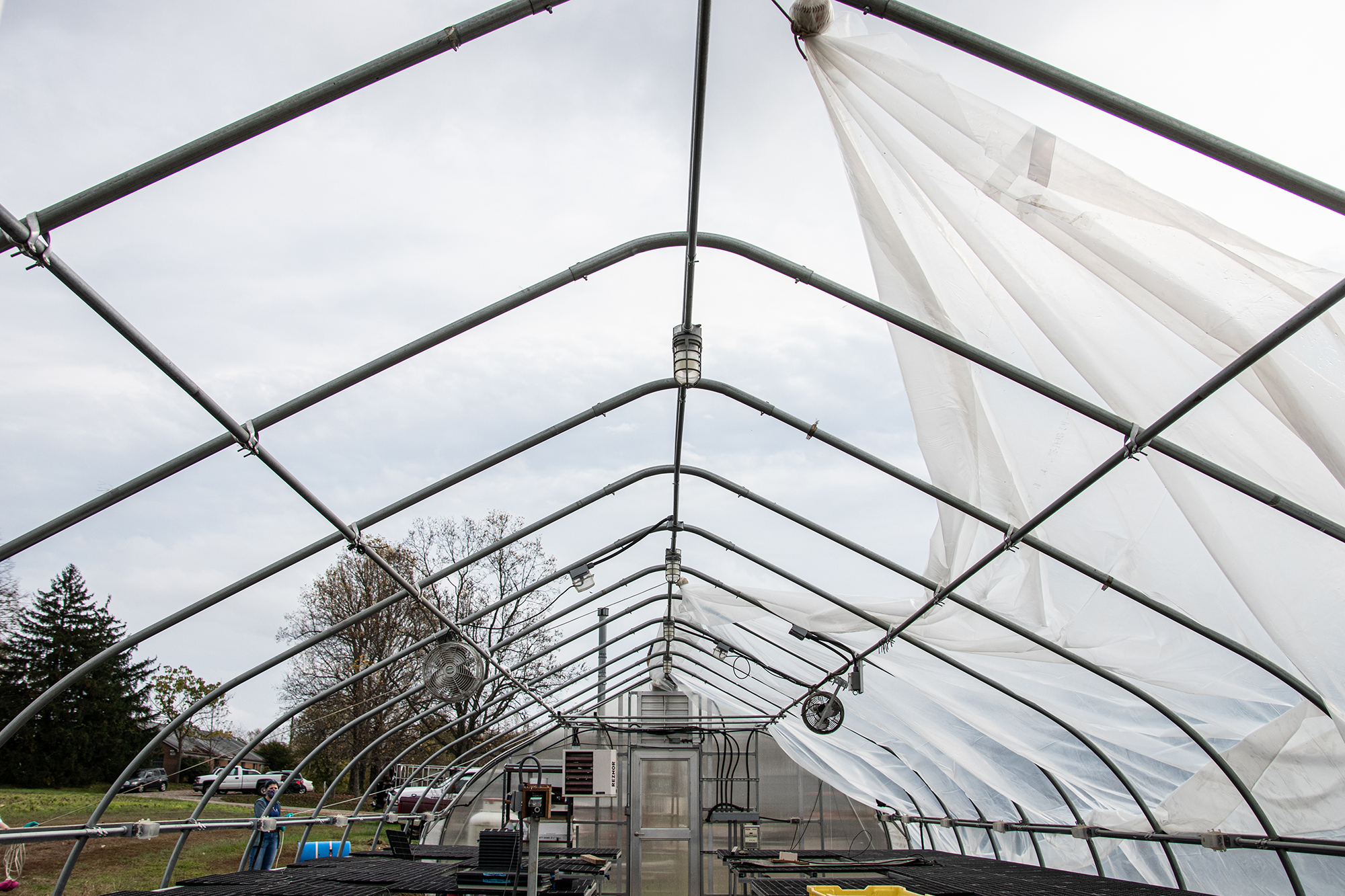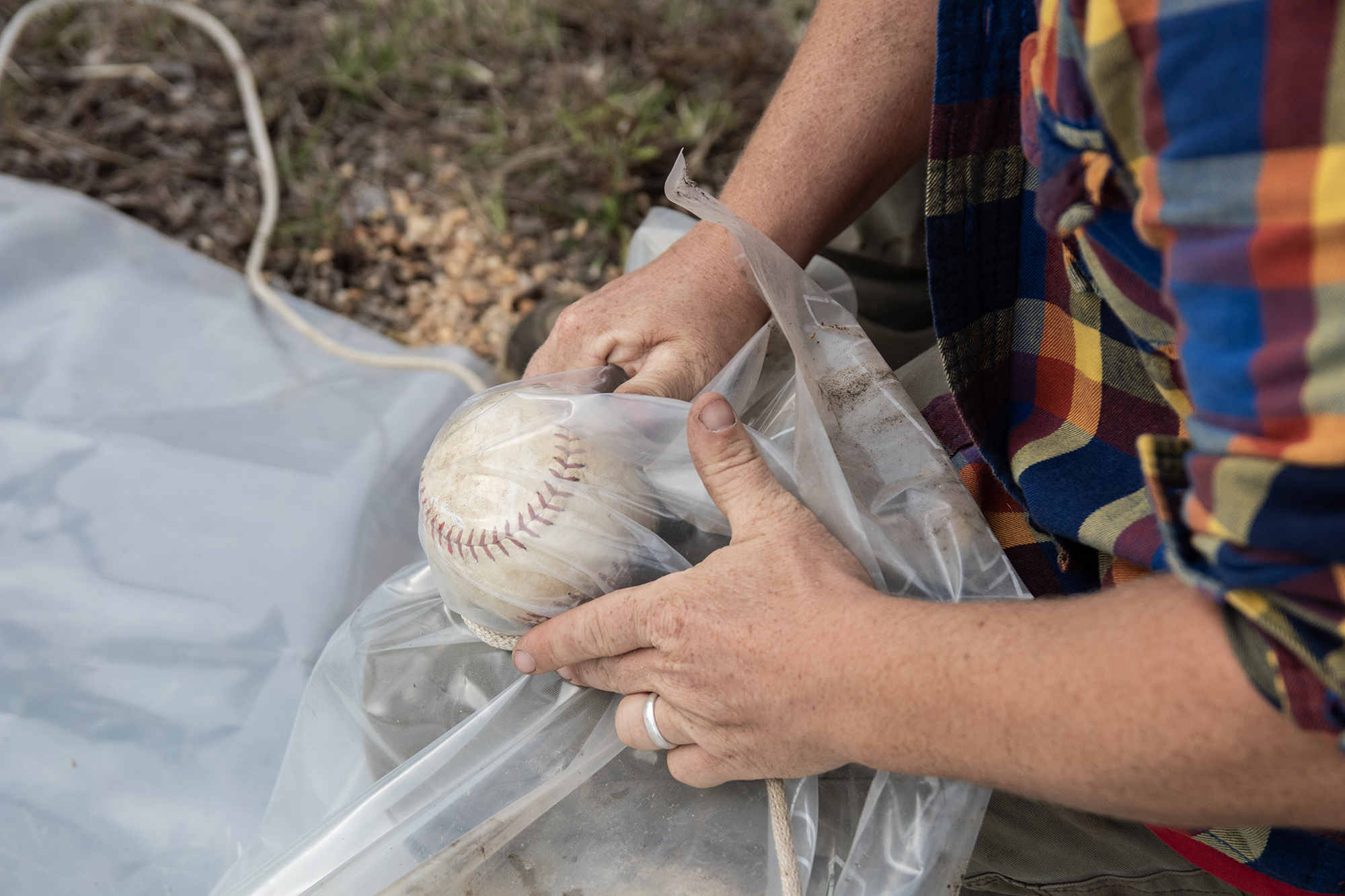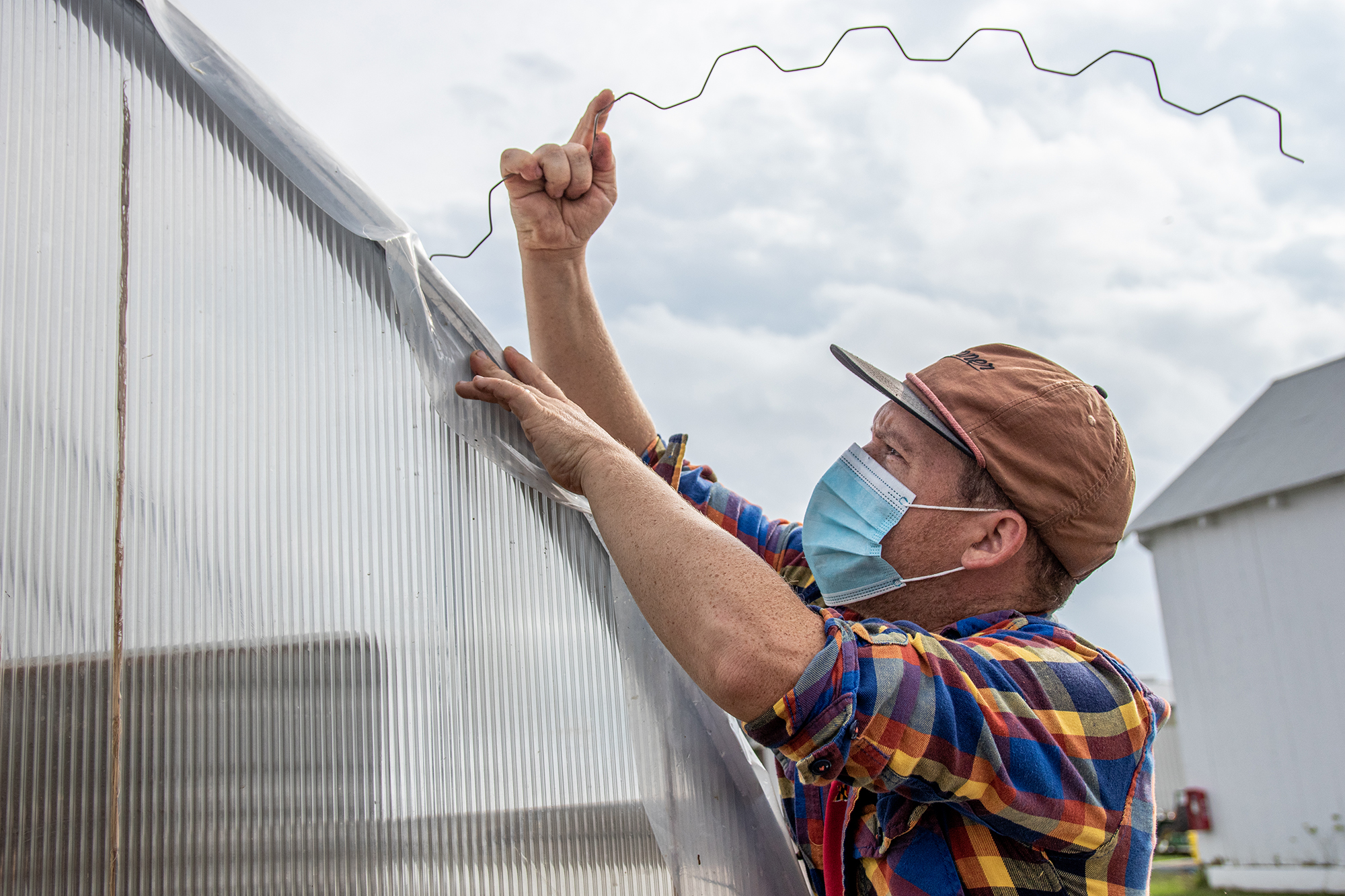When Alex Elliott graduated from Hood College in Frederick, he wasn’t sure about his future career plans.
“I wasn’t really passionate about anything,” Elliott said. “I just got a business degree and didn’t know what to do with it.”
Now, he is one of four service members at the University of Maryland who are working with the Campus Compact Mid-Atlantic AmeriCorps VISTA Program, which places members on college campuses in Maryland, Washington, D.C., and Delaware, with the goal of helping underserved communities.
The program has persisted through the challenges posed by COVID-19, and service members have adjusted their projects with organizations such as Fostering Terp Success, Terp Farm, the Campus Pantry and Terps for Change.
Elliott said COVID-19 did not have a large effect on his work, but the pandemic has helped him to become an expert quickly, he said. Elliott does logistical work for Fostering Terp Success, such as preparing a life skills or advocacy skills workshop or preparing training sessions for the organization’s campus coaches, who mentor students in the program.
[UMD Campus Pantry prepares to combat food insecurity for Thanksgiving amid pandemic]
Elliott secured the opportunity after applying three times, but now, he’s in his second year with the program. Typically, the tenure for the CCMA AmeriCorps VISTA members is one year, but Elliott renewed his contract for another 12 months, he noted, adding that there was more he needed to do with the program.
Before joining Fostering Terp Success, Elliott said he was timid. But the organization has changed his self-image.
“In the beginning, I was really kind of just an underling and didn’t know what to do, I didn’t even know what questions to ask,” Elliott said. “Now, I’m a subject matter expert on what we do.”
Nicole Ziesing is working on Terp Farm, a sustainable farming operation in Upper Marlboro, through AmeriCorps. AmeriCorps and Terp Farm were exactly what she was searching for after graduating from the University of Mary Washington in Fredericksburg, Virginia.
Due to the coronavirus pandemic, Terp Farm currently donates all of its produce to the Campus Pantry, rather than the dining hall as it had done previously. This has altered decisions on what to plant and harvest, Ziesing said, because they’re focused on planting vegetables that are hearty and full of nutrients for the pantry.
In addition, surplus produce is going to local food banks, she added.
Since the summer of 2019, Ziesing created the “the farm to food bank project,” to get volunteers to harvest the produce at Terp Farm. It’s still up and running amid the pandemic, with added social distancing and hand sanitizer.
She said that since she started the program, visibility has increased through community outreach, and they’ve received more interested volunteers from not only the student body, but faculty and staff as well.
Later, that produce will be donated to the Campus Pantry, an organization that helps alleviate student hunger, and also where another AmeriCorps VISTA member, Brian Meko, works.
Meko works with the pantry’s logistics and communicates with other stakeholders at this university. That includes working with students to determine their needs, maintaining relationships with other nonprofits such as Capital Area Food Bank — from which the pantry gets a lot food — and working with the Hunger-Free UMD Workgroup, a coalition established by Meko to address food insecurity at the university with the goal of a hunger-free campus.
[UMD groups expand services for food, housing insecure students amid campus shutdown]
And because of COVID-19, Meko’s role had changed. There’s less student focus, he said, but the need has increased.
“It’s the idea that we’re kind of one financial commitment away from being food insecure,” Meko said. “Especially with the college population, that’s a very easy thing to fall into.”
After living abroad and teaching English in Argentina and Thailand, Meko said he wanted to refocus on working with a larger nonprofit, citing his background in environmental studies and the food system.
“My tenure here as a VISTA is something that I am very proud of, especially because it’s something I’ve never done,” Meko said.
Amy Engineer works with Nonprofit Prince George’s County to provide more capacity-building support and volunteer resources to county nonprofits. She also works with Terps for Change, an organization that places student volunteers at local nonprofits, and Services 24/7, a virtual resource center that has compiled information on nonprofits in the county.
Because of COVID-19, Terps for Change is operating at a small decrease in capacity, now connecting students with 11 local nonprofits rather than 13, Engineer said. With fewer partners, fewer students will be accepted into the Terps for Change program and have the opportunity to volunteer with these nonprofits.
The scope and the impact of the program drew Engineer in, she said. She’s been working with AmeriCorps for two years now and said it’s been a transformative experience that has taught her a lot.
“You really have to take a deep dive into the community, and work directly hand-in-hand with the residents to create this culture of care, to help them and meet them where they’re at,” Engineer said.
CORRECTION: Due to a reporting error, a previous version of this story and its headline incorrectly referred to Americorp members as volunteers. They are service members. This story has been updated.
